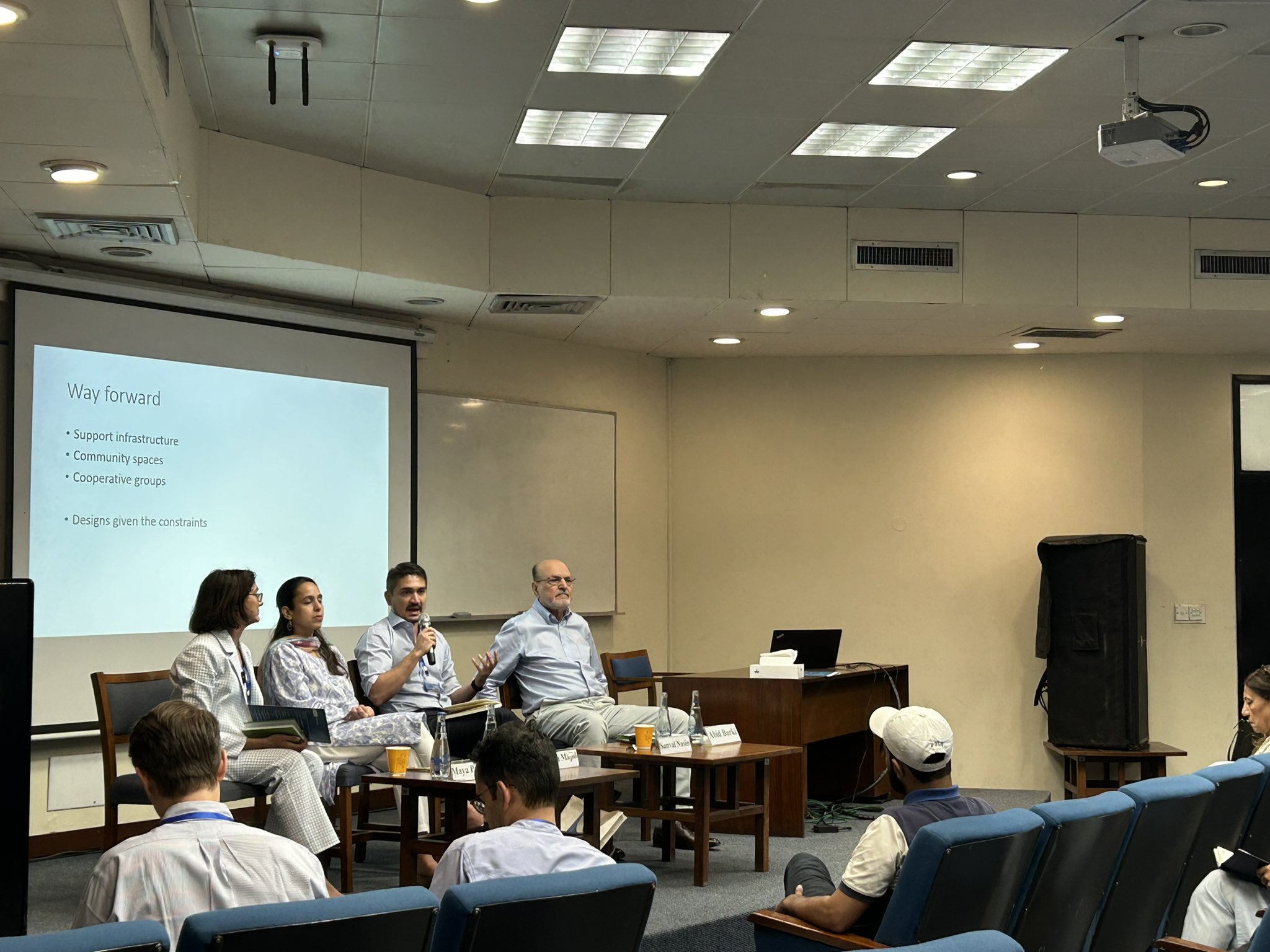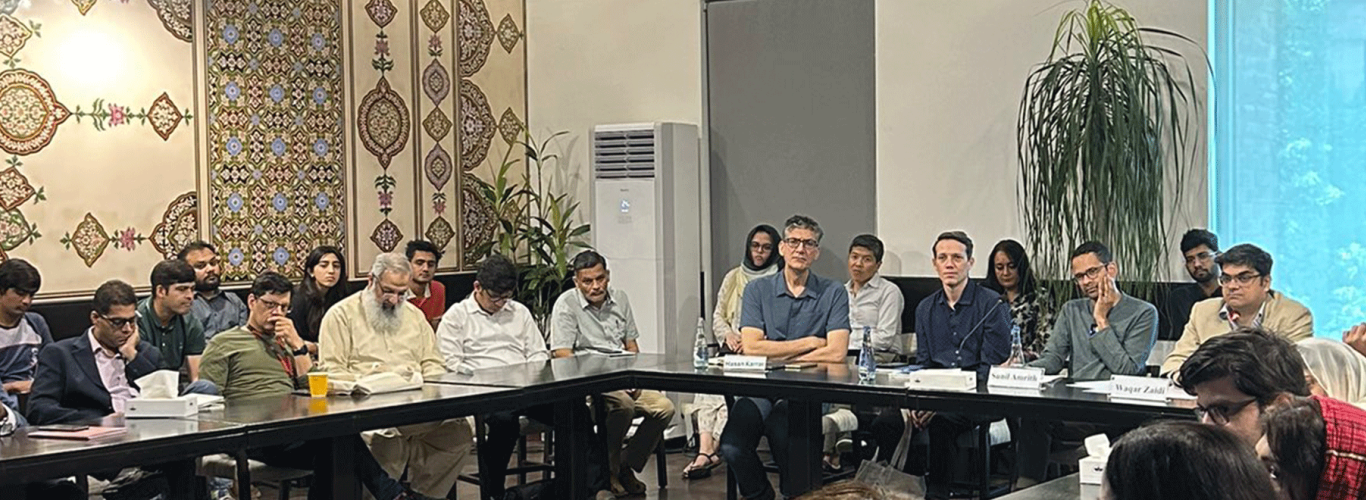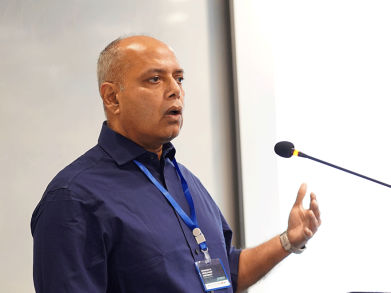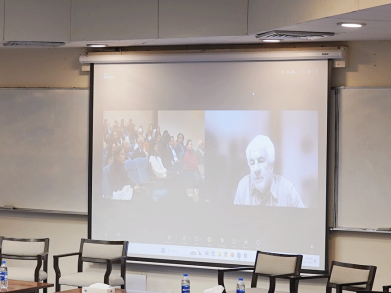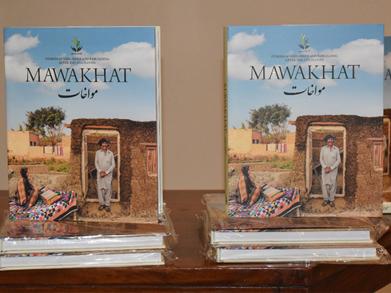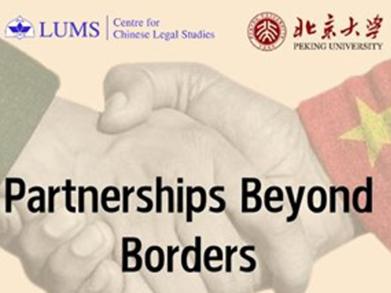Water Justice and Climate Resilience: Collaborative Insights from LUMS and Yale
LUMS, in collaboration with Yale University, hosted a significant workshop that addressed the critical climate-related challenges faced by South Asian societies, where issues of water access, scarcity, and unpredictability are prevalent. These challenges have become increasingly urgent, as highlighted by the catastrophic floods in Pakistan in 2022.
Historically, Pakistan has been a pioneer in addressing climate justice related to water. Justice Syed Mansoor Ali Shah's landmark 2015 ruling in Leghari v. Federation of Pakistan emphasised Pakistan's minimal contribution to global greenhouse gas emissions and its disproportionate vulnerability to climate change. He argued that innovative and equitable water management strategies must be central to the country’s climate adaptation efforts. Reflecting this perspective, LUMS has been at the forefront of generating new forms of water-related data, an area of interdisciplinary interest that spans multiple faculties at Yale, including the Arts and Sciences, Architecture, Law, and Medicine.
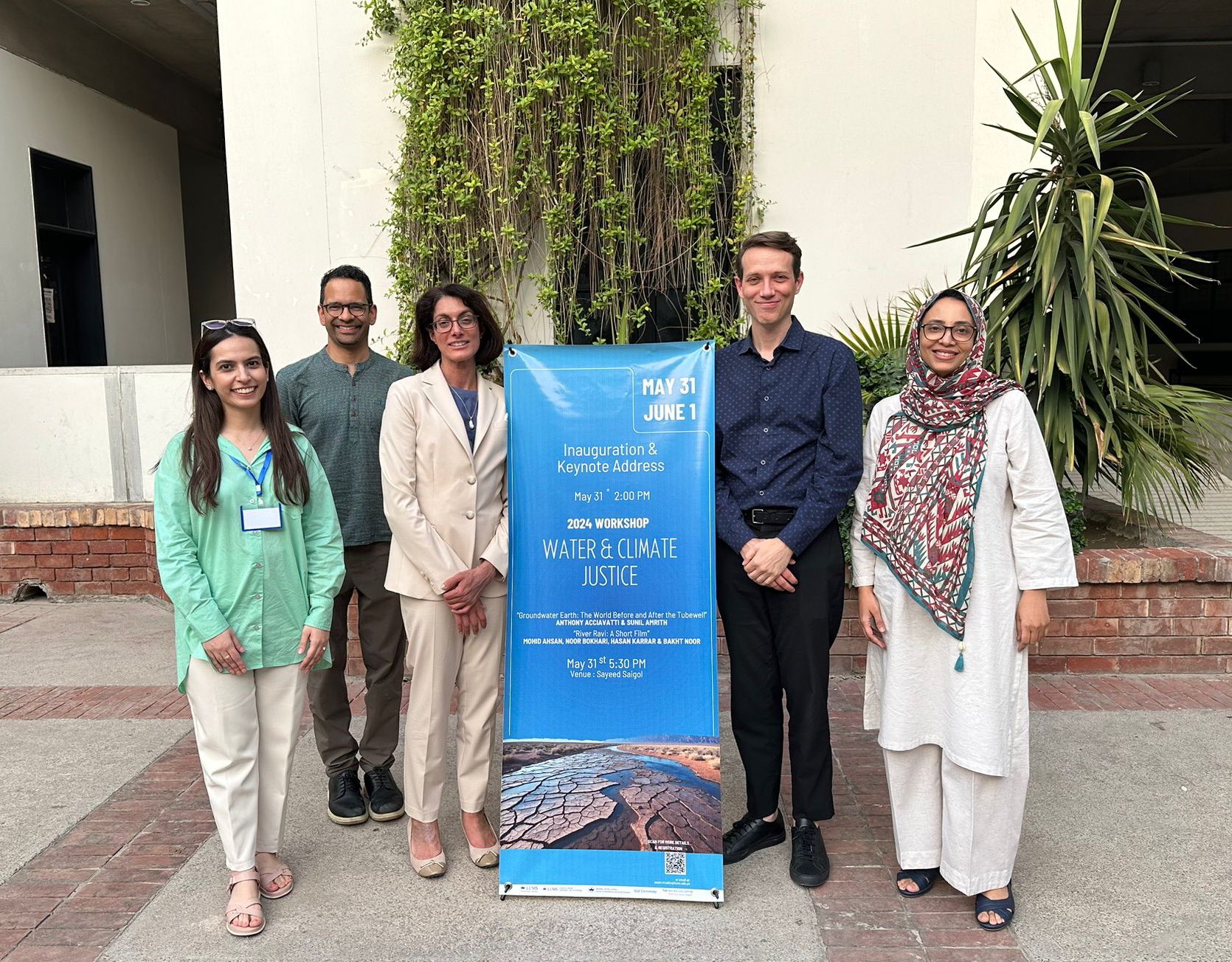
The workshop brought together faculty from Yale and LUMS, along with invited participants from various institutions in Pakistan, to delve into the complexities of climate justice and injustice related to water. Organised jointly by the South Asian Studies Council at the Yale MacMillan Center and the Mushtaq Ahmad Gurmani School of Humanities and Social Sciences, in collaboration with the Centre for Water Informatics and Technology at LUMS, the workshop aimed to explore innovative approaches to managing water resources in the face of climate change.
Highlights of the workshop included Dr. Anthony Acciavatti's insightful ‘Groundwater Earth’ exhibit and the short film ‘River Ravi’, which examined the intricacies of water distribution inequalities and future management strategies. The discussions emphasised the crucial role of water in economic growth and the resilience required for climate migration, envisioning equitable solutions to South Asia's pressing water challenges. This collaboration underscored LUMS' commitment to addressing global environmental issues through impactful academic partnerships and innovative research.
